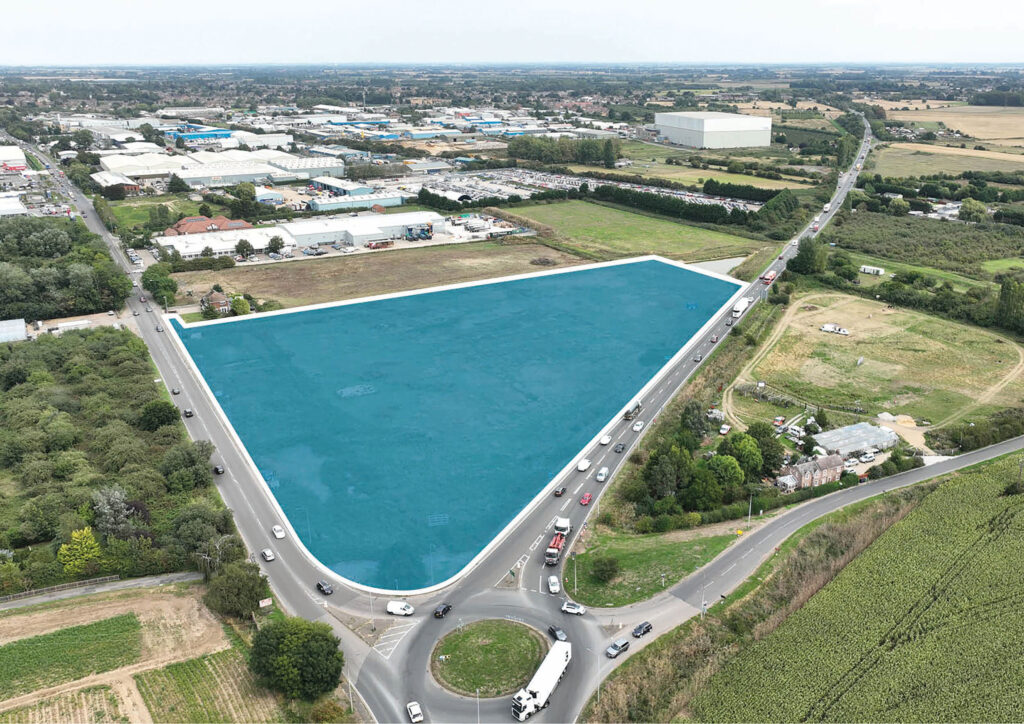Coronavirus has already had a far-reaching economic impact with many expats having contracts terminated sooner than expected. However, even if you are in a stable role, an emergency fund is always vital to financial security.
An emergency fund is a stash of money set aside as a financial safety net. It is also one of the most important things you can do as part of your savings plan. It is the money you hope you will never have to spend, but that you are grateful to have should the time occur. COVID-19 is the disaster that has united us, but life often throws the unexpected our way.
Key benefits of an emergency fund
- Peace of mind – Knowing you have money set aside when you’re faced with an unexpected change in circumstances or sudden job loss can help lower your stress levels. And less anxiety will help keep your head clear for making decisions about how to get back on track.
- Reduced stress – Once you have built your emergency fund, should something happen, you will be able to deal with the issue at hand, rather than the stress of a reduced income. This can have a significant impact on your ability to respond correctly and your mental health.
- Security – an emergency fund allows you to live securely without an income for a period, giving you time to get back on your feet and find a new income source.
How much do you need?
Everyone’s situation is different, so it makes sense that the amount you put aside depends entirely on your circumstances. There is, however, a general rule that says 3–6 months’ salary is what you should aim for when it comes to your emergency fund. It will depend on your fixed monthly outgoings. For example, if you have a sizeable mortgage (that you can’t pause) you are going to need a larger emergency fund. The same applies if you are the only income in the household. However, if you have two incomes, and a low mortgage, and no education fee commitments you might feel comfortable having a much smaller emergency fund.
It is about how much you need to live, for you and your family, during a sustained period of time when your household income is significantly reduced.
Making savings a regular habit
It’s never too late to build your emergency savings.
Review your expenses to work out where you can cut back and start saving regularly. If you don’t make saving a regular habit, you likely won’t be successful in building an emergency fund.
The main challenge with regular saving is that it competes with instant gratification. We’re just not hardwired to commit to long-term savings. However, we do have some easy tips for becoming a regular saver.
Also, now that we’re never far away from our phones, developing savings habits has never been easier with apps for tracking our spending and watching our savings grow. We recently reviewed just a few of the many apps available to help you save more.
Where to keep your emergency savings
When it comes to where to keep your emergency savings, there are several options. The important thing is that the funds need to be kept where they can be quickly accessed when needed.
Keeping your fund in cash isn’t recommended; savings accounts are a good alternative. Ensure sure you have a separate account for your emergency fund to reduce the temptation to spend. Also, you will need to check there are no access penalties to the account you’ve selected for your emergency fund. It might be that you can tolerate 30-day access but ensure you’ve considered this carefully. Instant access, whilst offering the lowest interest rates, does give you the most flexibility.
When to use your emergency savings
It sounds obvious but it should only be for true emergencies: to keep yourself afloat between jobs, a medical expense, a property repair pending payout or unexpected trip back home for family reasons.
For everything else, budget ahead and use your regular savings. This is why it’s important that, alongside saving towards your emergency fund, you also build your regular savings




